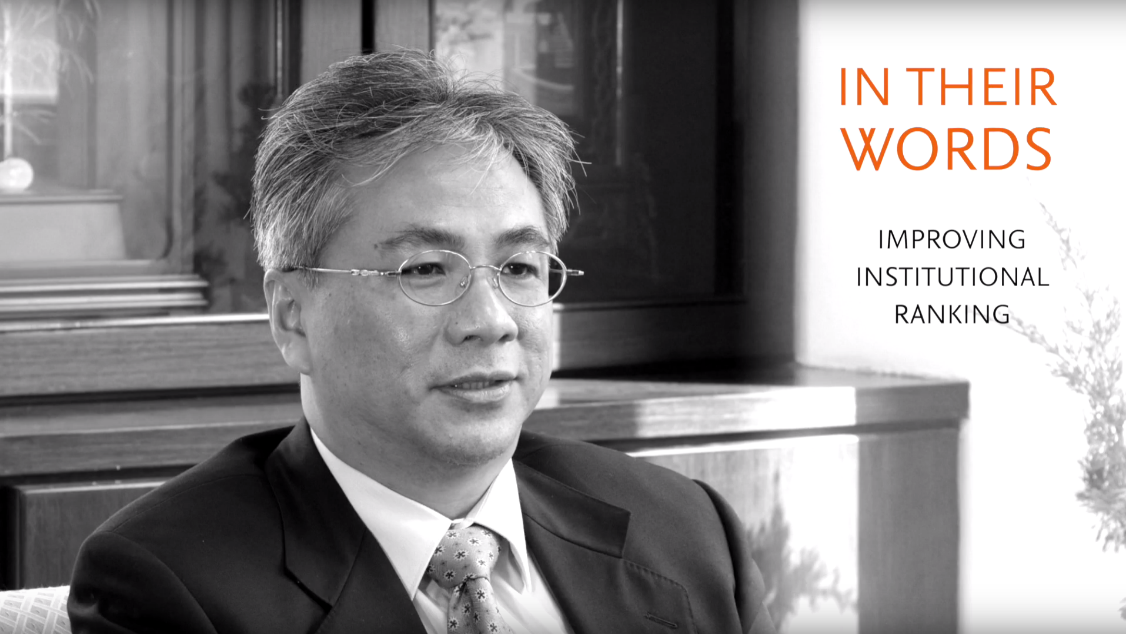Scopus and SciVal Case Studies: How universities in Taiwan stay competitive in a challenging academic environment
Last year, we introduced a library of video and written case studies in which university leaders from around the world share how they are using Scopus, SciVal and Pure to answer pressing challenges faced by their researchers and research managers.
Now added to the library are three new videos featuring university leaders in Taiwan. In their own words, hear about the role Scopus and SciVal play in shaping research strategies, improving rankings with THE and QS, and facilitating international collaboration for their institutions:
- SciVal In Their Words: Yao-Ting Sung, Executive Vice President of National Taiwan Normal University, on using SciVal to help broaden the university’s strategic vision.
- SciVal In Their Words: Jeffrey J.P. Tsai, President of Asia University, on using SciVal to promote international collaboration.
- SciVal In Their Words: Tao-ming Cheng, President of Chaoyang University of Technology, on using SciVal to improve institutional rankings.
At a time when many Taiwanese universities are facing the possibility of closing down or merging with other universities, staying competitive is crucial for educational institutions in Taiwan. The country’s national birth rate has decreased over the years, and this has, in turn, led to declining student enrolment in the nation’s universities1. Many Taiwanese universities are pressured to demonstrate the impact of their research, recruit international students and faculty and support international collaboration. These are all use-cases supported by Elsevier’s Research Intelligence solutions.
For a newly appointed and ambitious university President of Chaoyang University of Technology, staying competitive is defined as striving to be ranked by the leading global ranking bodies of Times Higher Education (THE) and QS rankings. The university is using SciVal and Scopus as a part of its efforts to reach these goals by setting
an evidence-based research management strategy.“Both THE and QS right now adopt the Scopus database to calculate the publication and the universities’ research performance,” said Chaoyang University of Technology’s President, Tao-ming Cheng, in his interview with Shereen Hanafi of Elsevier’s Research Intelligence marketing team. “That’s why we use SciVal, because SciVal not only gives us the performance for the publication but also analyzes the strengths and weakness points my university has in research, so that helps a lot.”
Cheng also noted how SciVal and Scopus data will help with his strategy to provide faculty incentives for publishing Scopus-indexed papers and how they help facilitate international collaboration.
Be sure to check out other customer stories from around the world in our growing case study library, and stay tuned for new written case studies based on interviews with the R&D Deans of Asia University and Chaoyang University.
1“Given Overcapacity, Universities in Taiwan Face Tough Decisions” Taiwan Business http://topics.amcham.com.tw/2016/08/given-overcapacity-universities-taiwan-face-tough-decisions/
Image caption: Chaoyang University of Technology's President, Tao-ming Cheng, shares how his university is using SciVal and Scopus to improve its institutional rankings.



